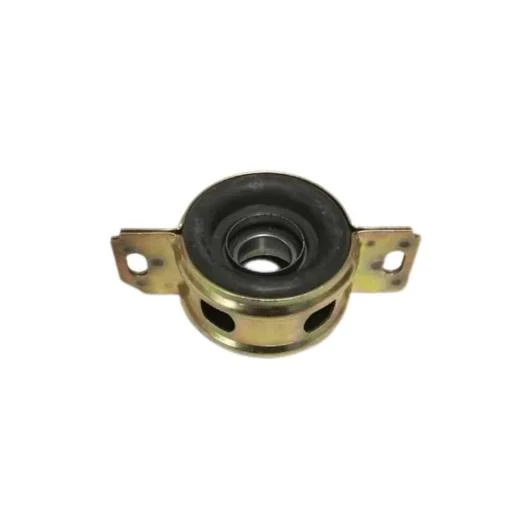1 月 . 23, 2025 02:44
Back to list
car wheel control arm
The car wheel control arm is a pivotal component of a vehicle’s suspension system, intricately designed to provide paramount stability and seamless handling. As an essential part engineered for precision, the control arm connects the wheel hub and steering knuckles to the vehicle’s frame, thereby maintaining the appropriate alignment and angle for optimal tire contact with the road.
Real experiences from seasoned mechanics further highlight the effectiveness of high-quality control arms. They often cite case studies where vehicles equipped with superior control arms show improved longevity and reduced maintenance frequency. This practical insight provides a clear advantage, saving both time and cost for vehicle owners while guaranteeing enhanced safety on the road. Moreover, advancements in control arm technologies now incorporate materials designed to improve sustainability without compromising performance. The integration of recycled aluminum or environmentally friendly alloys signifies a forward-thinking approach, aligning vehicle manufacturing with global sustainability goals. This not only benefits the environment but also reflects a brand’s commitment to responsible manufacturing practices. Reliability is non-negotiable when assessing car wheel control arms. It is crucial to routinely inspect these components for signs of wear or damage such as bushing deterioration or metal fatigue, which might indicate an impending failure. Proactive maintenance and timely replacements by licensed professionals ensure that control arms function optimally, preserving the integrity of the vehicle’s suspension and the well-being of its occupants. Conclusively, in the realm of automotive components, car wheel control arms stand out as a testament to engineering excellence, trusted by manufacturers, mechanics, and drivers alike. Their role in enhancing vehicle safety and performance cannot be overstated, making them an indispensable element in the pursuit of superior driving experiences. Whether you’re updating your current vehicle or inquiring about new purchases, understanding the significance of control arms and choosing the right ones will undeniably elevate your automotive journey.


Real experiences from seasoned mechanics further highlight the effectiveness of high-quality control arms. They often cite case studies where vehicles equipped with superior control arms show improved longevity and reduced maintenance frequency. This practical insight provides a clear advantage, saving both time and cost for vehicle owners while guaranteeing enhanced safety on the road. Moreover, advancements in control arm technologies now incorporate materials designed to improve sustainability without compromising performance. The integration of recycled aluminum or environmentally friendly alloys signifies a forward-thinking approach, aligning vehicle manufacturing with global sustainability goals. This not only benefits the environment but also reflects a brand’s commitment to responsible manufacturing practices. Reliability is non-negotiable when assessing car wheel control arms. It is crucial to routinely inspect these components for signs of wear or damage such as bushing deterioration or metal fatigue, which might indicate an impending failure. Proactive maintenance and timely replacements by licensed professionals ensure that control arms function optimally, preserving the integrity of the vehicle’s suspension and the well-being of its occupants. Conclusively, in the realm of automotive components, car wheel control arms stand out as a testament to engineering excellence, trusted by manufacturers, mechanics, and drivers alike. Their role in enhancing vehicle safety and performance cannot be overstated, making them an indispensable element in the pursuit of superior driving experiences. Whether you’re updating your current vehicle or inquiring about new purchases, understanding the significance of control arms and choosing the right ones will undeniably elevate your automotive journey.
Next:
Latest news
Upgrade Your Vehicle with Quality Control Arms
NewsNov.01,2024
Unlock Superior Performance with Our Control Arms for Sale
NewsNov.01,2024
Unlock Optimal Vehicle Performance with Diverse Control Arm Types
NewsNov.01,2024
Transform Your Ride with Lower Control Arm Replacement
NewsNov.01,2024
Revolutionize Your Ride with Control Arm Mounts
NewsNov.01,2024
Elevate Your Vehicle with Premium Control Arms
NewsNov.01,2024









